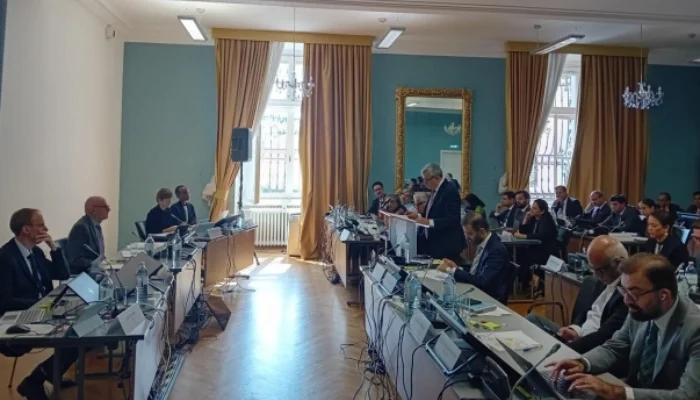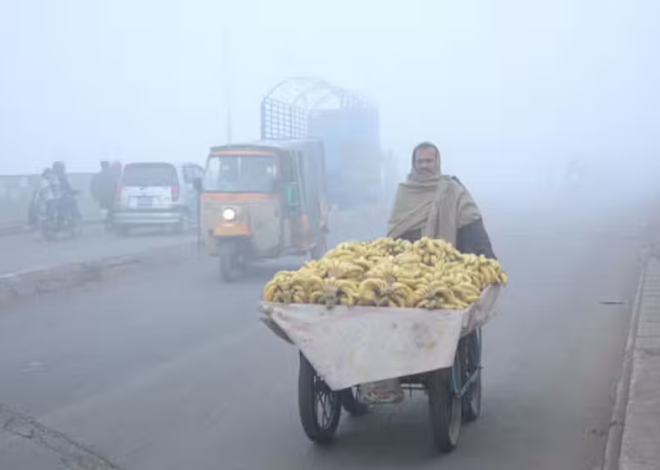
Pakistan-India Water Dispute: Latest Talks Held with Neutral Expert in Vienna 2024
The ongoing water dispute between Pakistan and India continues to be a point of tension between the two nations, with recent developments suggesting both countries are working toward a resolution. The latest meeting, held in Vienna on September 28, 2024, with a neutral expert, has once again brought the issue to the forefront.
Background of the Dispute
The water dispute originates from the Indus Waters Treaty (IWT) signed in 1960, brokered by the World Bank. The treaty allocated the waters of the Indus River and its tributaries between the two nations, with Pakistan receiving control over the western rivers (Indus, Jhelum, and Chenab), while India was given the eastern rivers (Ravi, Beas, and Sutlej). However, disagreements have arisen over the interpretation and construction of water projects on shared rivers.
Details of the Vienna Meeting
The third meeting between Pakistan and India took place in Vienna under the guidance of a neutral expert to discuss the Kishanganga and Ratle hydroelectric projects that India is constructing on the Jhelum and Chenab rivers. Pakistani officials have expressed concerns that these projects violate the treaty and could impact water flow into Pakistan, which relies heavily on these rivers for agriculture and drinking water.
Key Issues Discussed
- Kishanganga Project: The Kishanganga Hydroelectric Project on the Jhelum River has been a contentious point, with Pakistan arguing that it diverts water, impacting the Neelum-Jhelum project on its side.
- Ratle Hydroelectric Project: Pakistan has raised concerns over this project on the Chenab River, fearing reduced water flow into its territory.
Outcome of the Meeting
The neutral expert in Vienna listened to arguments from both sides and offered suggestions to resolve the technical differences. While no concrete resolution has been reached yet, both parties agreed to continue dialogues to prevent further escalation of the dispute.
Impact on Pakistan
Water is a critical resource for Pakistan’s agriculture and industry. Any reduction in water flow can significantly affect the country’s food security and economy. Hence, the importance of resolving this issue through diplomatic means cannot be overstated.







